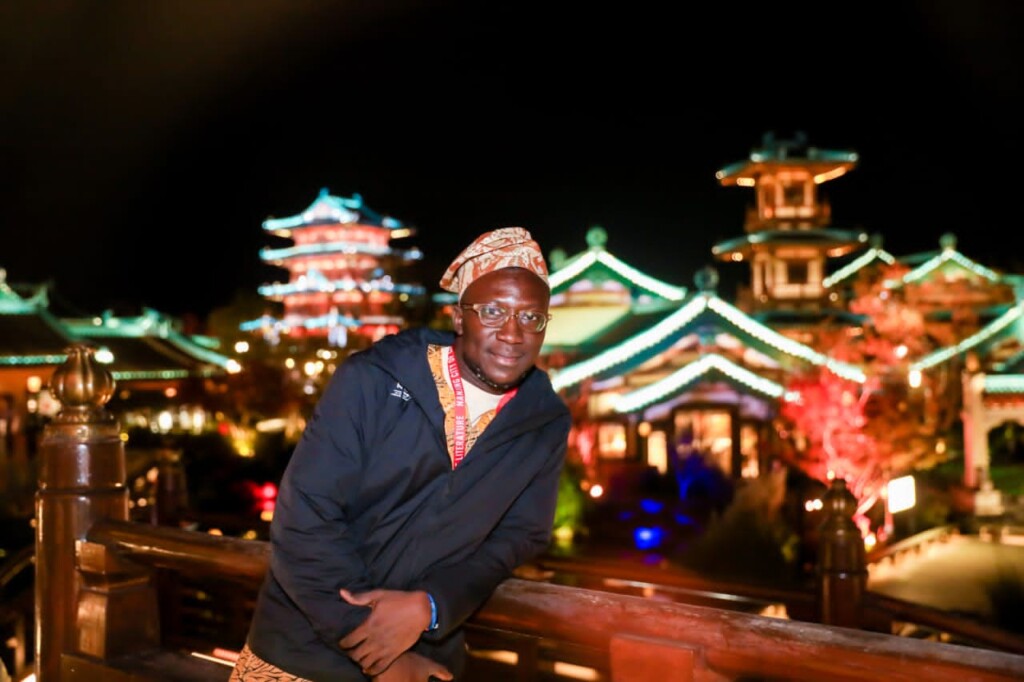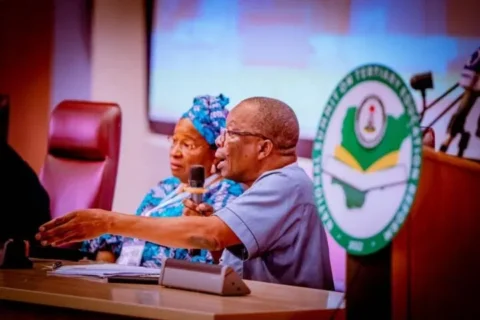Cultural heritage scholar Ayankola Ayanwuyi has emphasized that Africa can chart new educational and technological frontiers by unpacking ancestral knowledge systems, highlighting the Ifa corpus as a powerful example of indigenous intelligence with contemporary value.
According to him, Ifa goes far beyond spirituality, functioning as a vast intellectual reservoir with relevance across a wide range of academic and scientific disciplines. He noted that its extensive knowledge base touches fields such as philosophy, medicine, literature, history, engineering, agriculture, divination, geography, governance, and science.
Ayanwuyi is currently representing Nigeria at the UNESCO International Youth Forum on Creativity and Heritage along the Silk Roads, which is being held from November 16 to 22, 2025, in Nanjing and Changsha, China.
The forum hosts 76 young delegates from 45 countries, bringing together both internationally selected and locally invited participants to examine how digital innovation and creativity can support the preservation of cultural heritage. Organised by UNESCO in partnership with the Chinese National Commission for UNESCO, the World Federation of UNESCO Clubs, Centres & Associations, and the municipal governments of Nanjing and Changsha, the event is themed “Digital Innovation and Entrepreneurship: Youth for Heritage Protection and Inheritance.”
Speaking on Tuesday, Ayanwuyi argued that Ifa holds enormous potential for reshaping education across Africa, offering deep insights into ethics, ecology, mathematics, medicine, systems thinking, and history. He stressed that development must align with the natural environment, adding that indigenous knowledge provides the balance societies need.
He further explained that African communities already possess the intellectual tools essential for progress if they reconnect with and fully explore their heritage. According to him, innovation that emerges from indigenous frameworks is better suited to addressing local realities.
Ayanwuyi also pointed out that the Ifa system demonstrates early forms of binary logic and statistical computation long before the advent of modern computing, revealing concepts now central to digital technology. He noted that elements such as binary digits, coding systems, Boolean logic, matrices, and memory organisation are embedded within traditional Ifa practices.
He added that drawing inspiration from indigenous systems is not new, saying that while the 8-bit byte became the standard unit of computer data in 1964, an 8-byte structure had already existed in Ifa for centuries.
Ayanwuyi, founder of the Dundun Centre, serves as Nigeria’s delegate under the category of cultural heritage experts.





